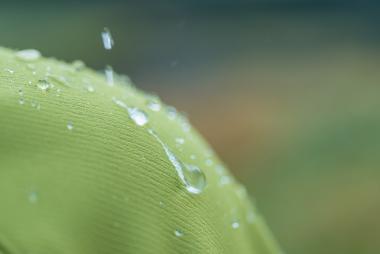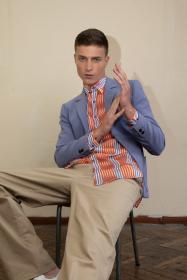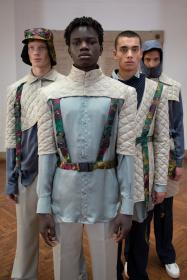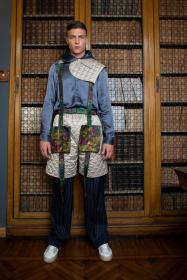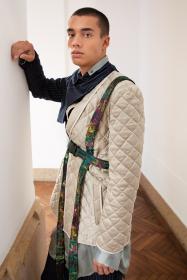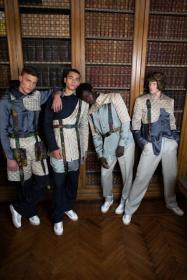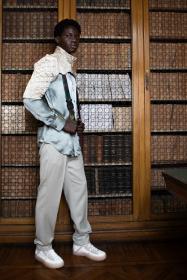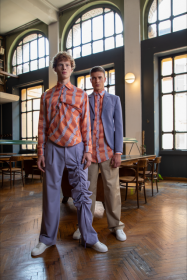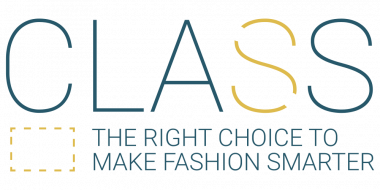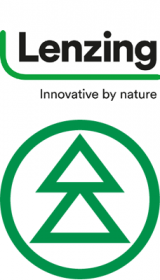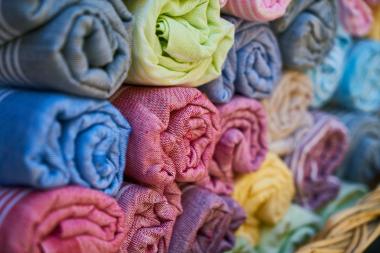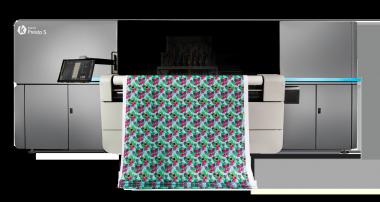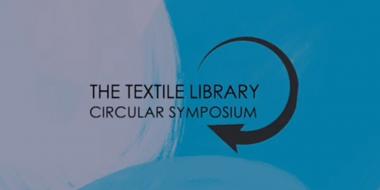Rialto Designs: Flexible, Sustainable Fashion Production on Demand with Kornit Presto S
Kornit Digital (Nasdaq: KRNT), a worldwide market leader in digital textile printing technology, announced UK textile printing company Rialto Designs has invested in a Kornit Presto S with Softener Solution to drive printed textile fashion innovation.
Founded 25 years ago by textile technologist brothers Riyaz and Mohsin Omarji, Rialto Designs has established a client base that includes many of the UK’s leading fashion brands.
In recent years, the company has downsized its analog screen production and adopted digital direct-to-garment capabilities. Two Kornit Avalanche HD6 systems for on-demand DTG production have streamlined operations and increased output to gain new market opportunities.
The latest single-step, eco-friendly Kornit Presto S helps align Rialto’s roll-to-roll workflow with commercial growth and delivers high-quality natural and synthetic pieces, in any quantity and in short order.
Kornit’s DTG technology supports Rialto to deliver a service that sets it apart on speed, sustainability, and high quality. Clients can now order printed samples across hundreds of fabric bases—polyester and natural—and receive their orders within 24 hours.
Kornit











